The 3 best DIY window cleaning solutions to use with a window vacuum, tested and approved by H&G's home editors
Quick, easy and cheap to make, these homemade solutions will leave your glass spotless
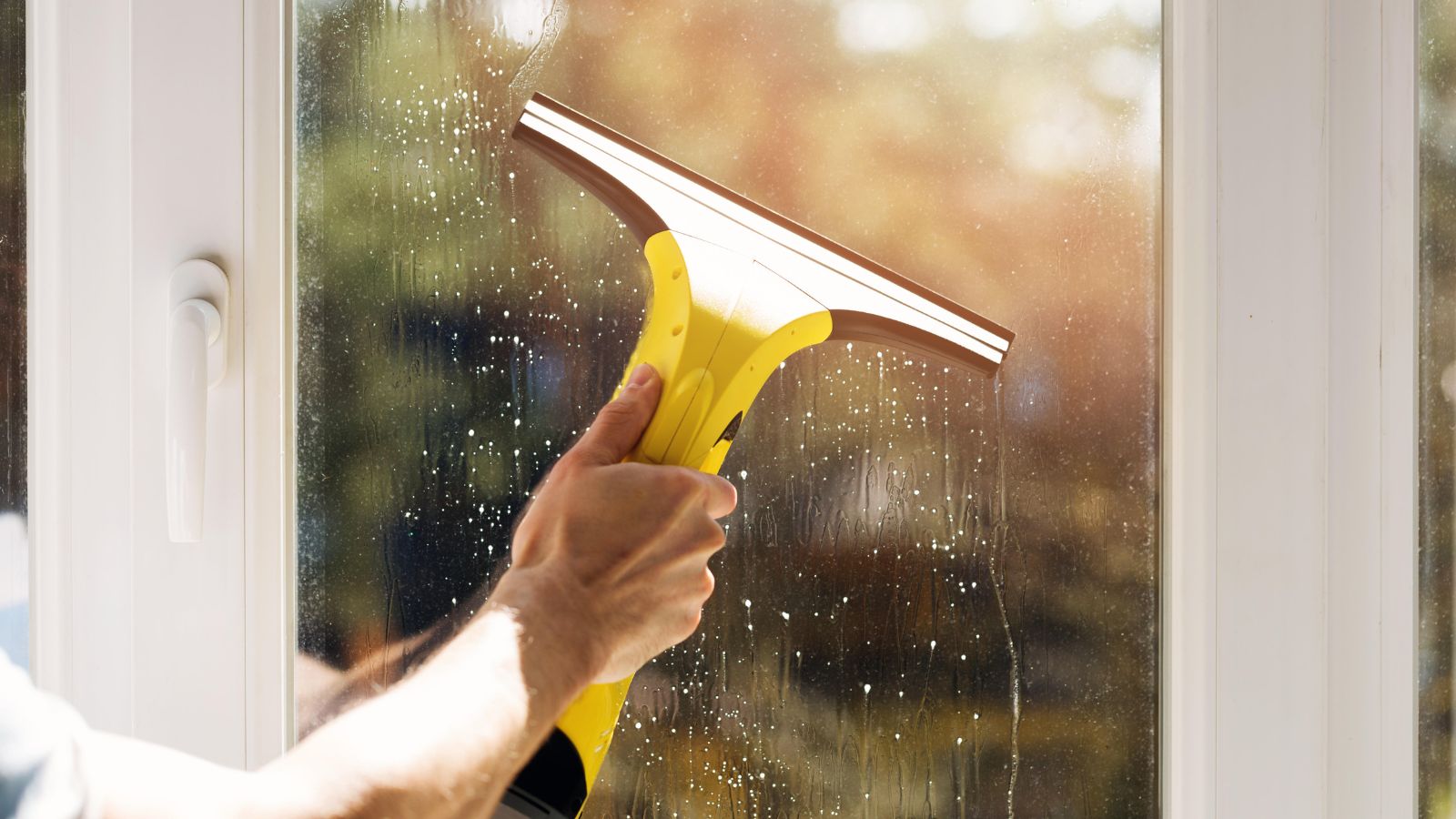

Window vacs are really starting to pick up traction as one of the best ways to get glass gleaming, be it for their traditional use, or for cleaning shower glass, mirrors, and car windscreens.
But the vacuum alone won’t do much to shift dirt. For truly spotless results, you need to pair it with a good window cleaning solution that breaks down dust and grime and doesn't leave streaks. But what happens when you run out of the commercial cleaner it comes with?
Rather than splash out on more, you can make your own sustainable cleaner for cleaning windows without streaks. I tried three homemade cleaning solutions for use with my window vacuum and loved them.
The best homemade window cleaning solutions for a window vacuum
Window vacs work by sucking up moisture to minimize streaking and watermarks, leaving behind a truly gleaming window pane. The best homemade window cleaner, therefore, needs to be able to break down grease and grime without clinging to the window and being too sudsy for the vacuum to remove.
I tested a few out (made some window cleaning mistakes so you don’t have to) and settled on three recipes that work perfectly.
Before cleaning windows, you will need a few tools:
- A window vacuum, available at Amazon
- Microfiber cloths from Walmart, or sponges, also from Walmart
- A clean spray bottle, available at Walmart, for easy application
1. Castile soap and water
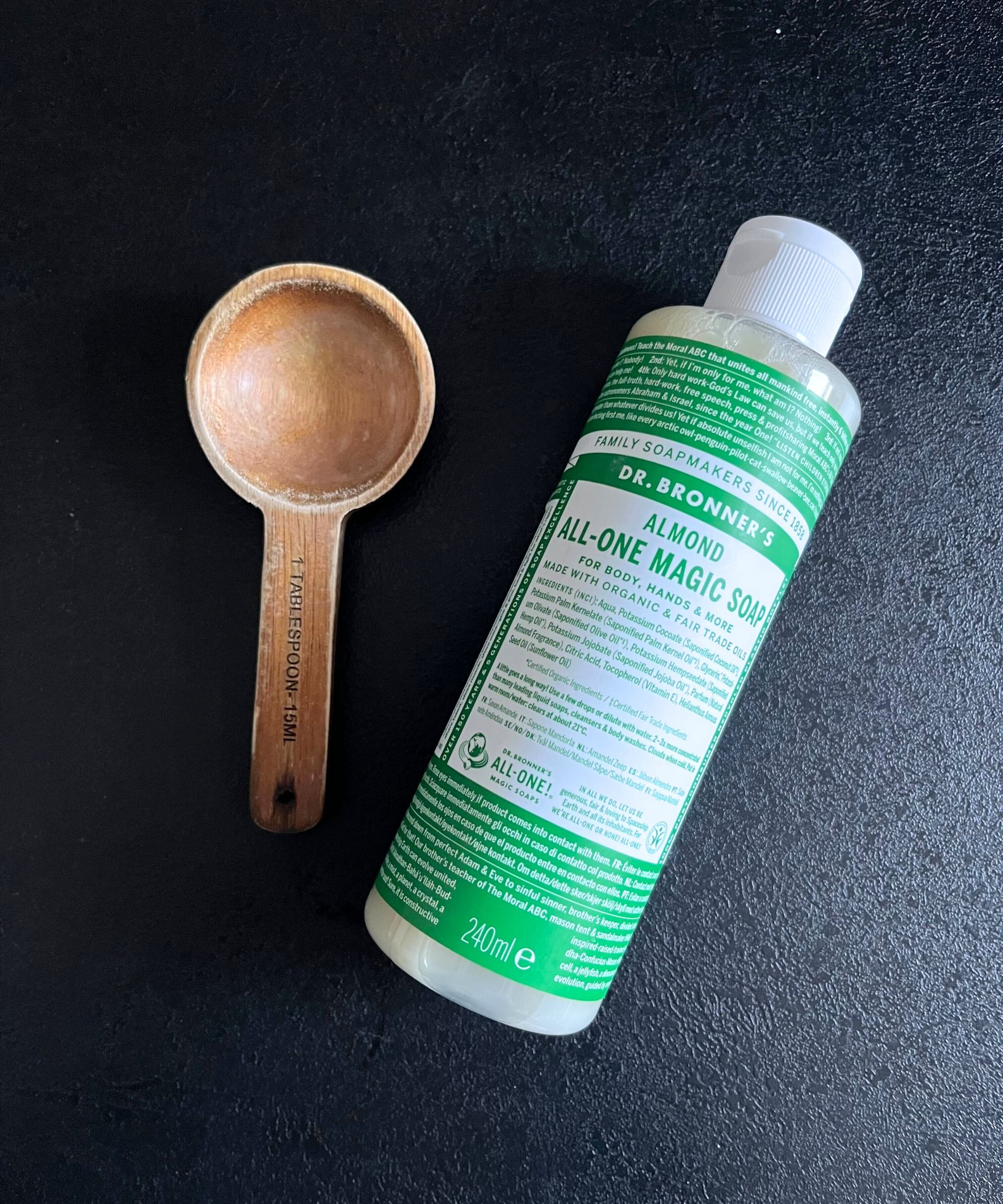
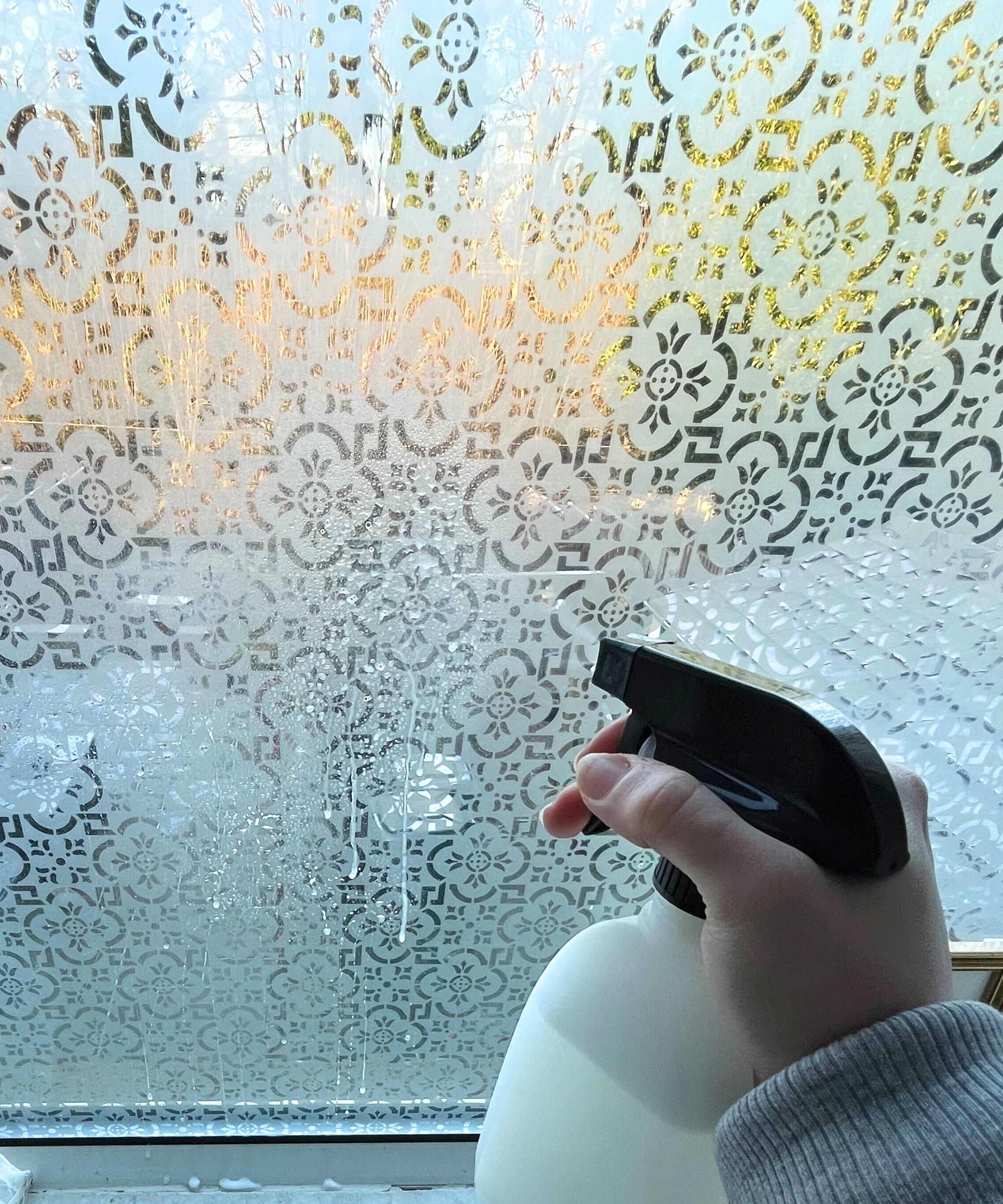
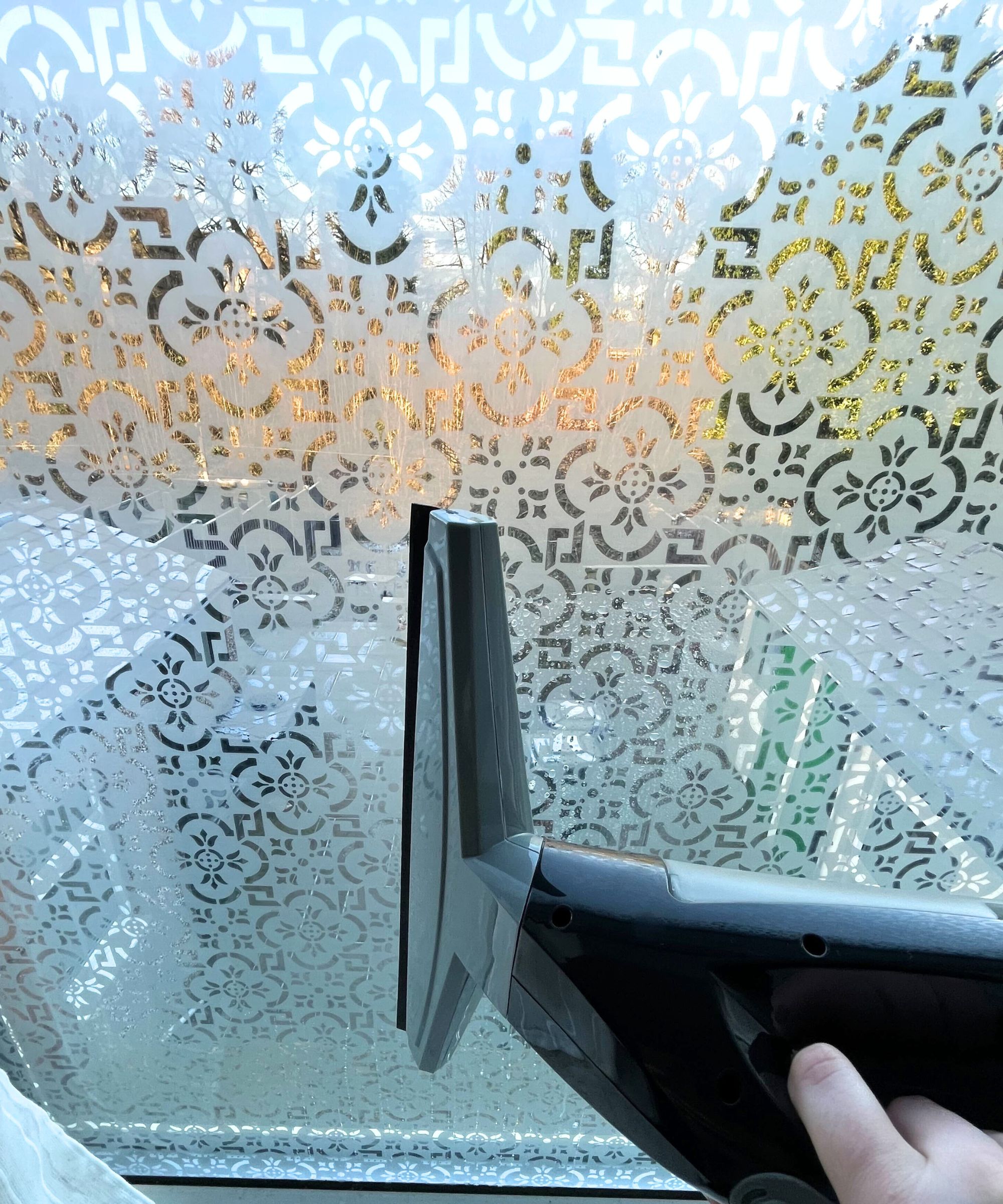
One of my all-time favorite solutions for freshening up my windows is cleaning with Castille soap mixed with warm water. I started using this method when I picked up a copy of Lisa Bronner’s Soap & Soul from Amazon – it is essentially a Castile soap bible, packed full of nostalgic cleaning tips for just about everything.
This solution is perfect because you can use it both inside and out for clean windows. I followed Lisa’s recipe for this, mixing one tablespoon of Castile soap with one quart of warm water.
For use outside, I soaked a sponge in a bowl of the mixture before slathering the window, buffing to dissolve grime and dust. I then rinsed away the suds with plain water (usually using a watering can from Walmart for ease) before using the window vac to suck up the water for a streak-free shine.
For window cleaning inside, I mixed up the solution in a spray bottle, shaking it up before lightly misting the window and letting it sit for a minute or two before using the vacuum to remove it.
Another big pro to this solution is you can use it to clean window tracks, too, removing built-up grime for a smoother-moving window pane.
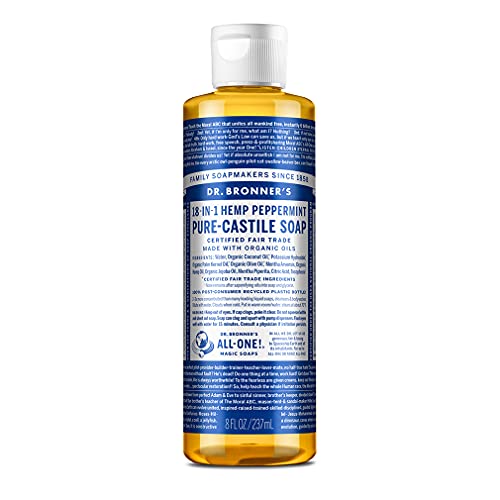
Castile soap has hundreds of uses around the home, from household cleaning and laundry to body and pet washes. The Dr. Bronner soaps have the added benefit of smelling amazing too, making cleaning a little more fun.
2. Vinegar
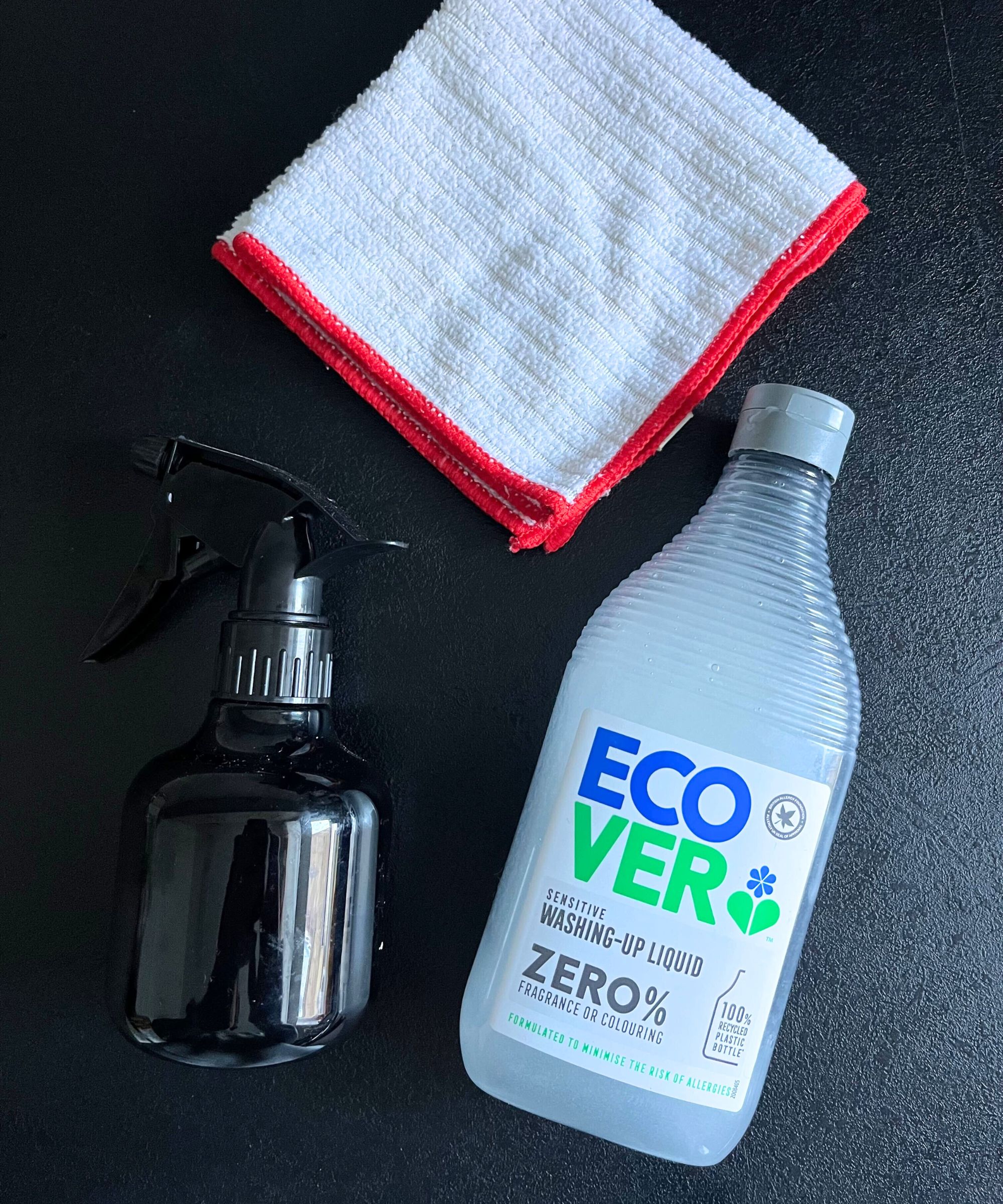
Cleaning with vinegar is another homemade staple that is great for cleaning windows (or even cleaning glass shower doors) that are obscured by hard or dusty watermarks. The acidity of distilled white vinegar helps to remove limescale from shower glass and windows, eating away at the minerals to make them easier to remove. For that reason, it's far more effective than the Victorian window cleaning hack we recently tried here at Homes & Gardens.
Punteha van Terheyden, head of Solved, explains, ‘Mixing equal parts distilled white vinegar, from Walmart, with warm water and a drop or two of high-quality dish soap (like Dawn from Walmart) creates an easy to use solution for both sides of your window. The dish soap acts as a surfactant, allowing the solution to spread more evenly on the glass and cling to it, making it easier to buff with a microfiber cloth or sponge before removing it with the window vac.
When working outside, you might also want to allow the mixture to sit on the window for a minute or two to break down any limescale deposits before buffing.
She adds, ‘Remember to work from side to side slowly for the vacuum to work properly.'
3. Baking soda and water
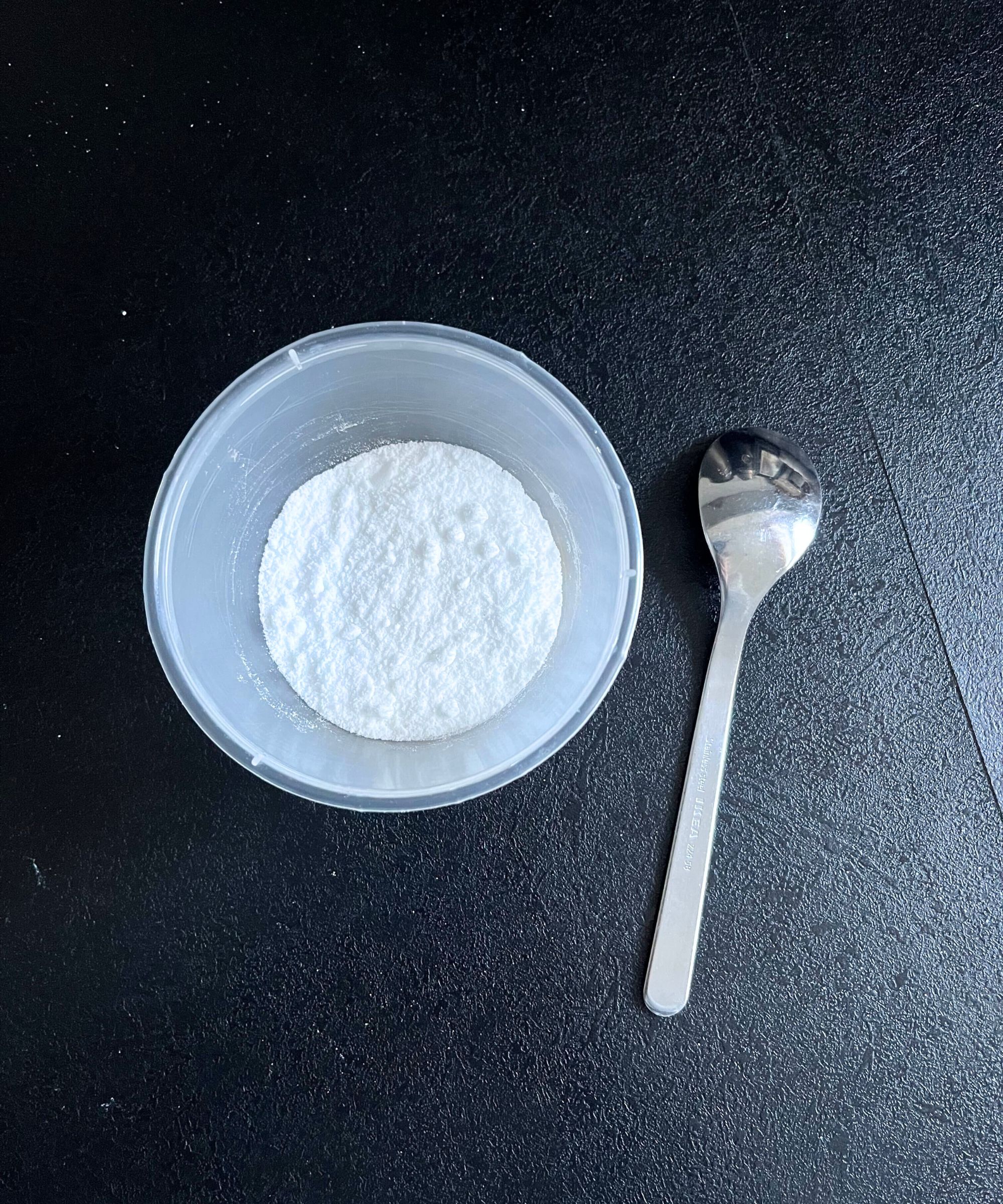
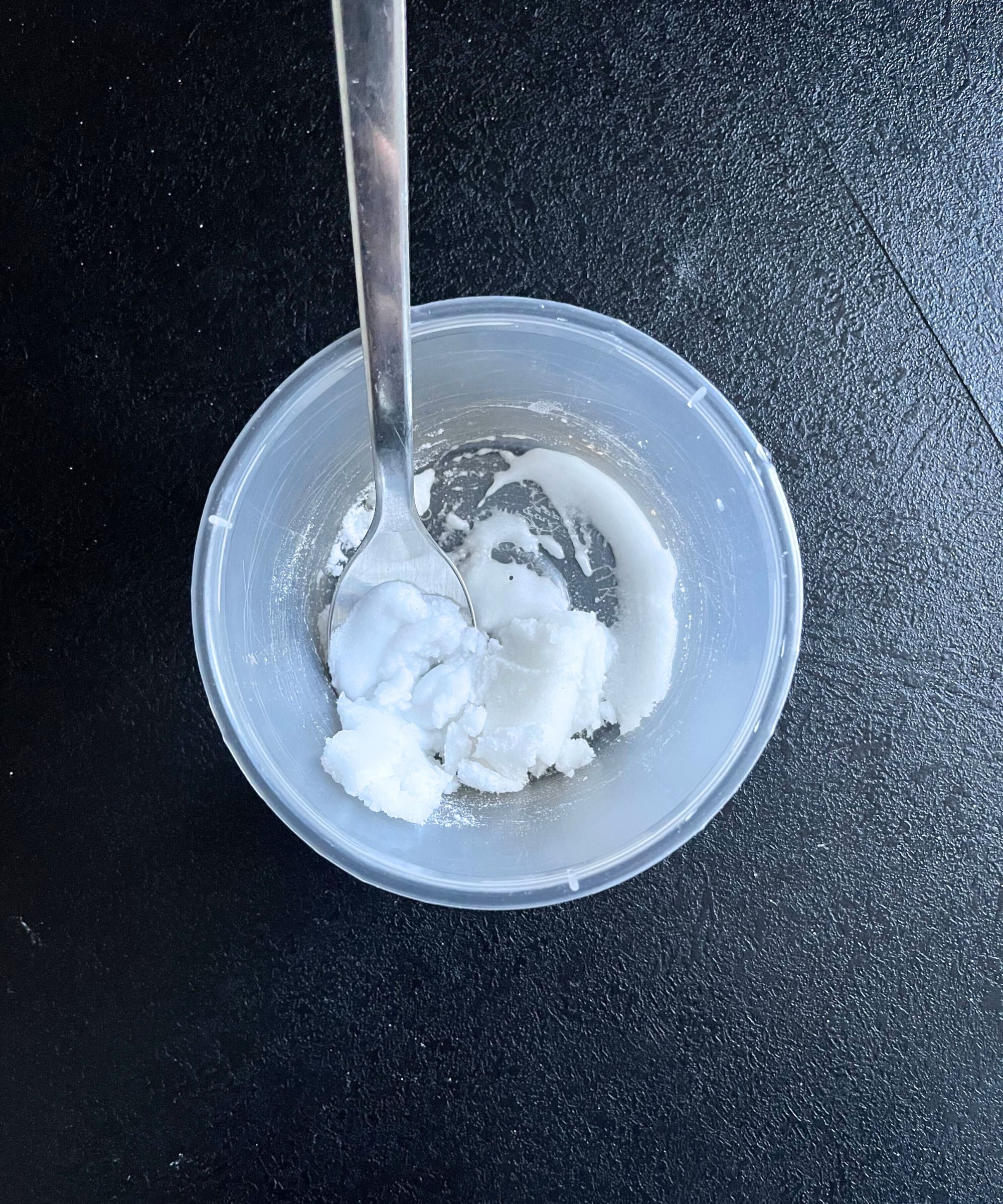
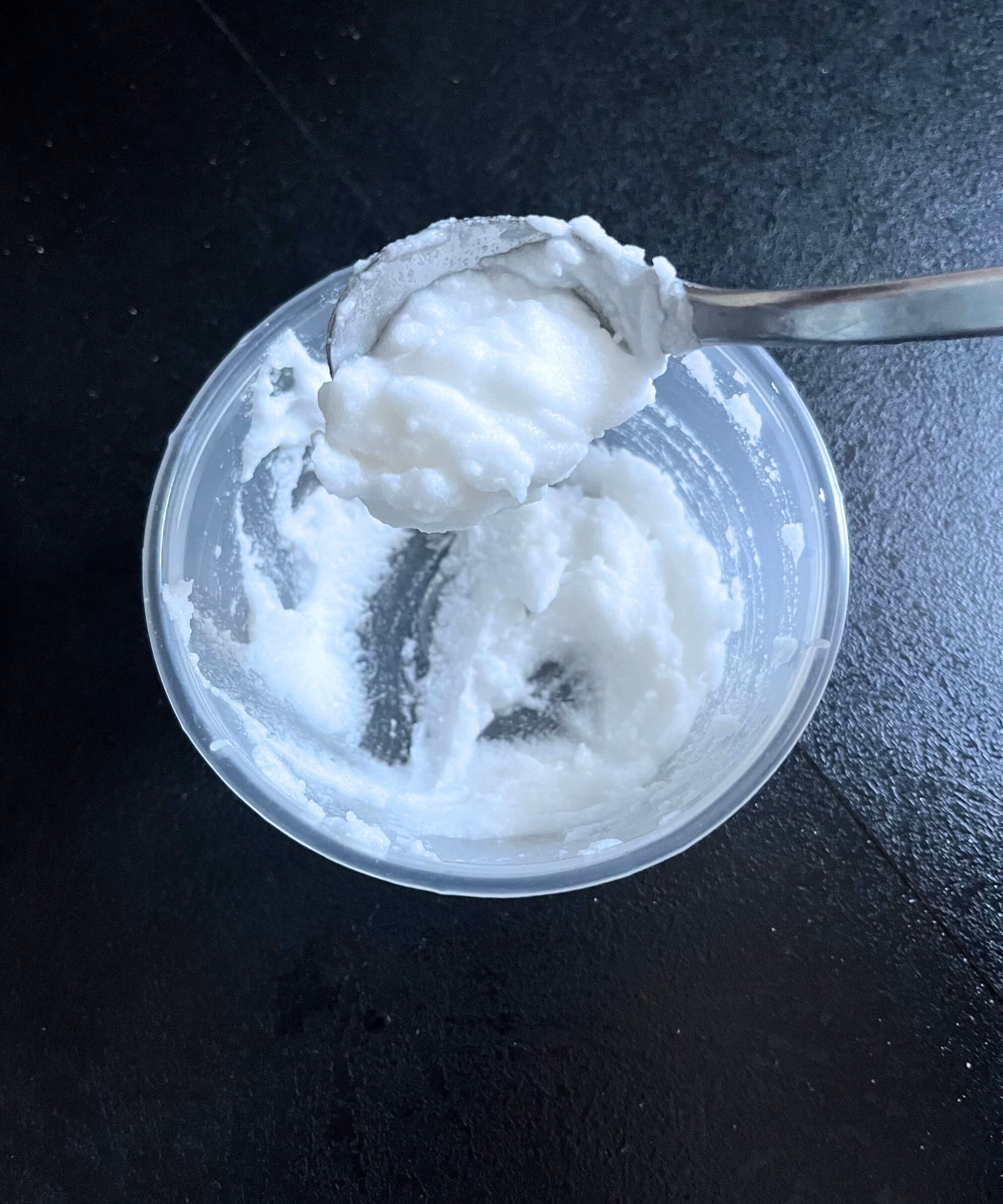
It might sound strange to use a powder, but cleaning with baking soda is another great way to remove tough deposits on the outside of windows. I usually use it after a dusty summer rain, but it proved particularly useful after some recent construction left my window coated in grime.
To use baking soda to clean windows, you need to form a paste. You are essentially making a homemade version of The Pink Stuff paste, available at Walmart to mimic our Pink-and-Blink window cleaning hack.
How much you make will depend on the size of your window, but the general idea is to mix a small amount of warm water at a time with baking soda until it forms a spreadable paste that you can scoop up with a cloth or sponge (like a Scrub Daddy, from Walmart).
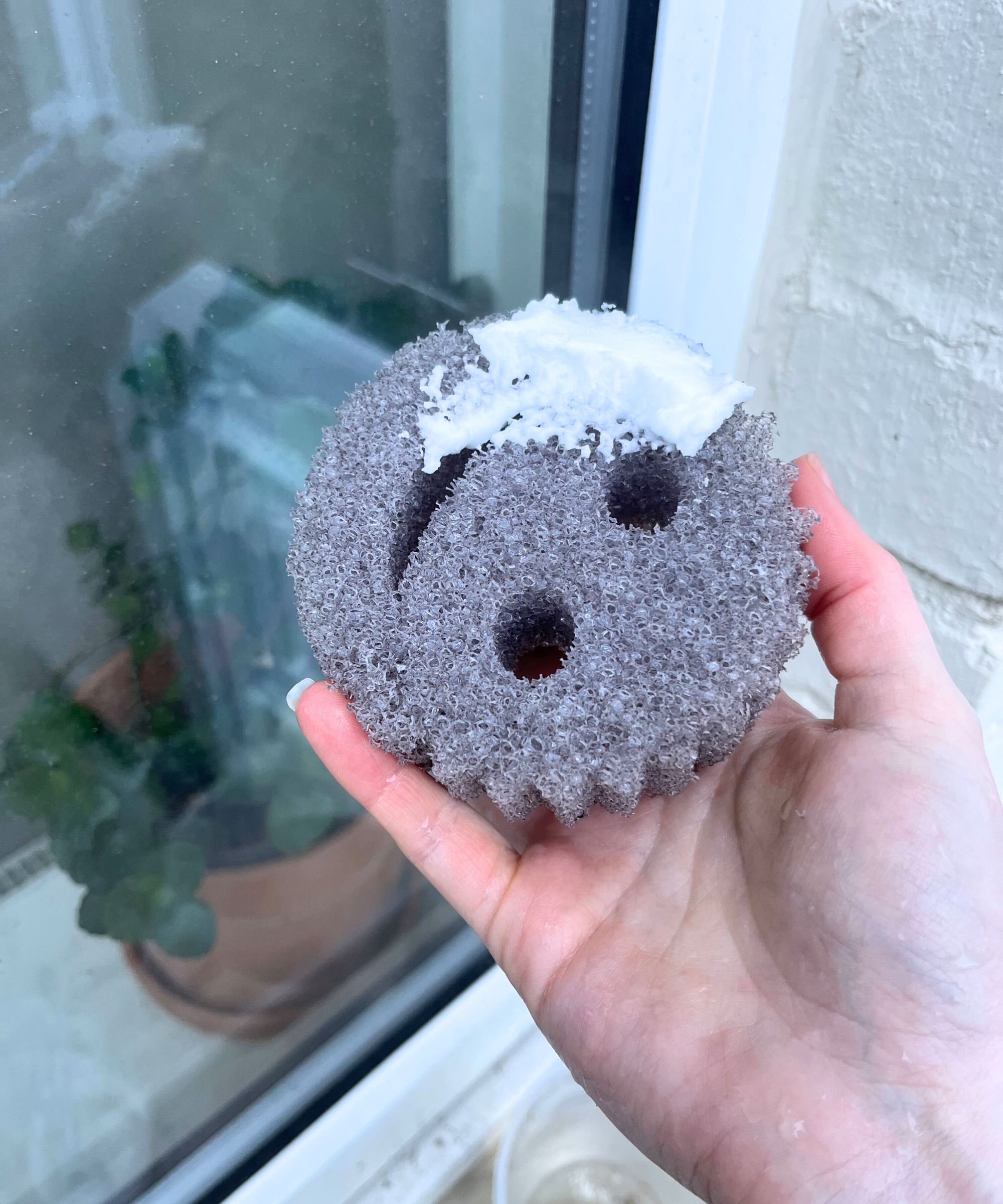
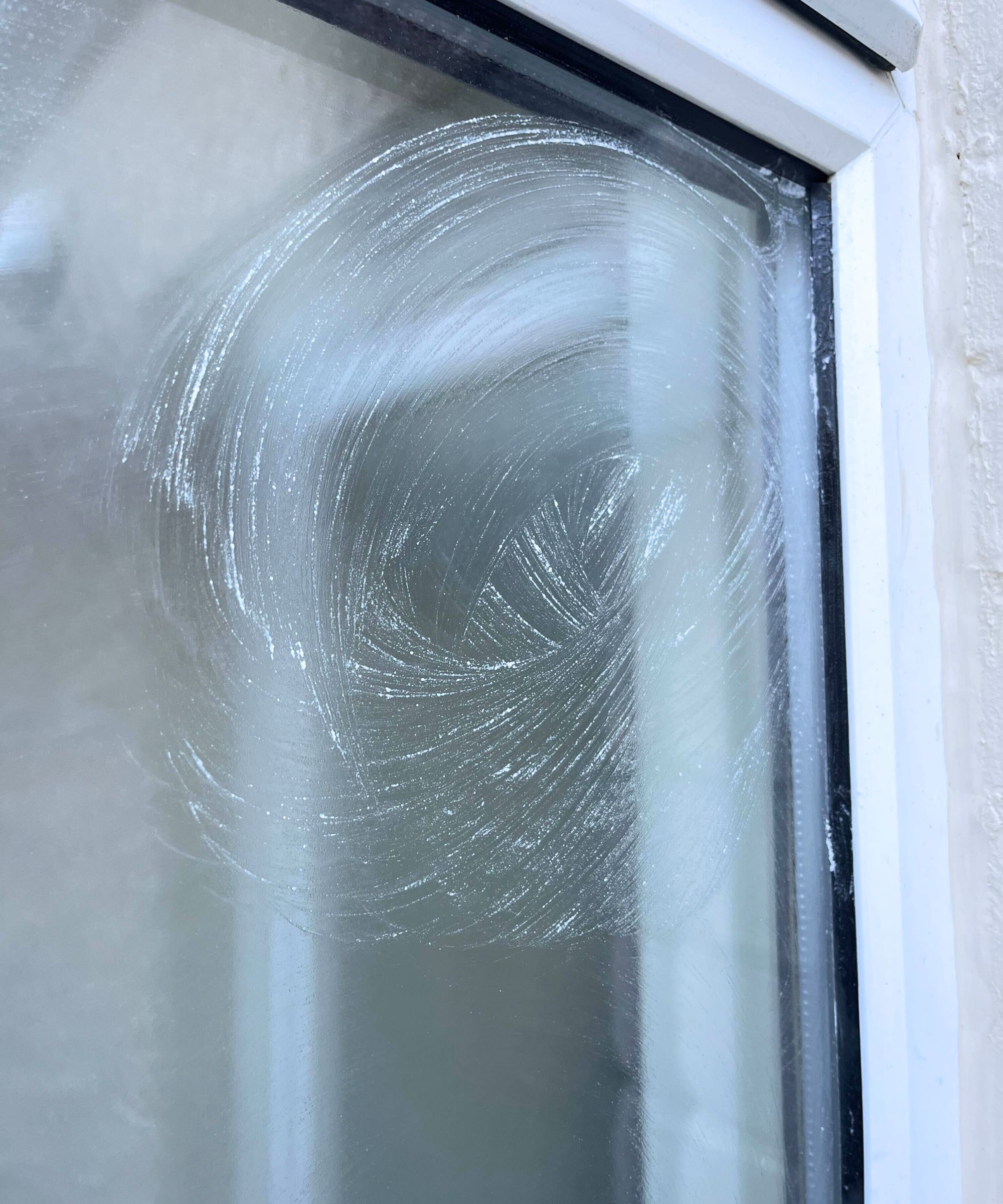
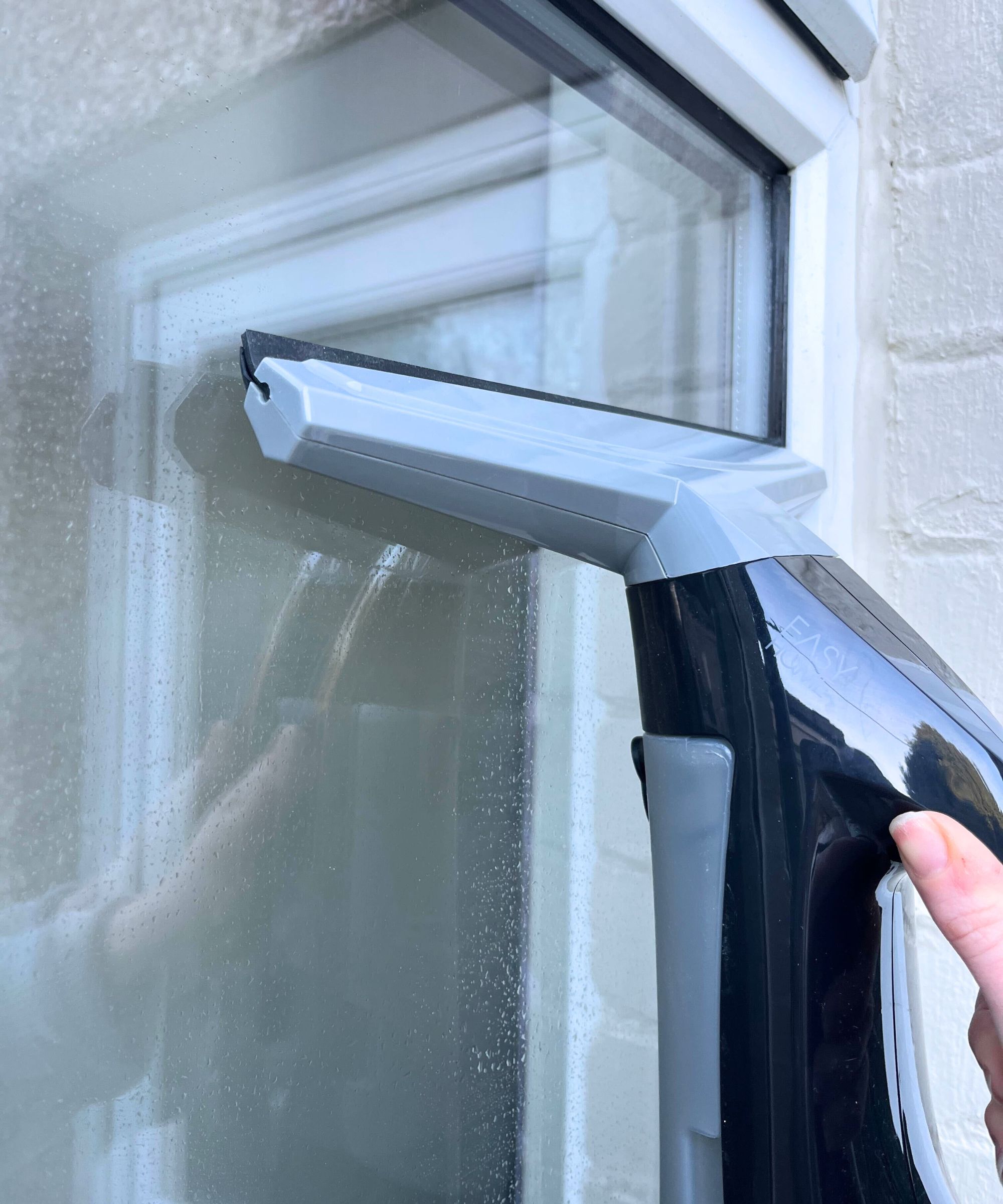
Then, buff it onto the glass. It sometimes helps to dampen the glass with plain water first to let the paste glide a little more easily. You want the whole pane to be concealed behind the mixture before rinsing it away with water again.
This doesn't have to be perfect, just enough to remove most of the small soda granules before using the window vac to suck up the rest, leaving a gleaming window behind.
Baking soda works perfectly because it acts as a a gentle abrasive, without scratching the window, making it easy to remove difficult, stuck-on grime.
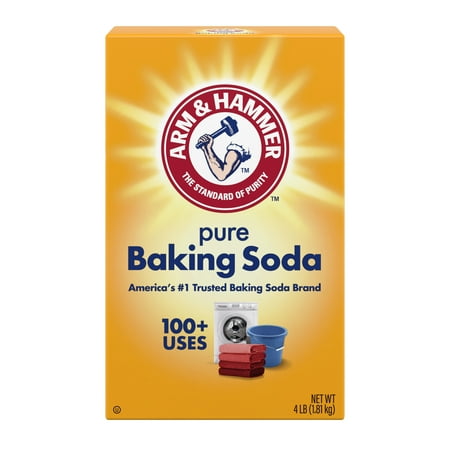
Baking soda is a natural abrasive that helps break down tough deposits without scratching delicate surfaces such as metal and glass. Mixed into a paste with water or vinegar, and it is safe for use in most areas of your home.
FAQs
Why are my windows streaky after using a window vacuum?
If your windows still look streaky after using a window vacuum, it may be that you have pressed too hard or moved too quickly when using it to remove water. It is a delicate art that needs some practice to get right.
If you are well-practiced, however, and the streaks are a recent occurrence, the rubber edge on the window vac may have worn down with heavy use, creating an uneven surface that leaves streaks. It may be time for a replacement. Amazon window vacuums are plentiful and available for quick delivery.
What should you not use to clean windows?
When cleaning windows, it is best to avoid any harsh chemicals such as bleach, or strong abrasives like hard bristled brushes, as these can damage the glass, leaving permanent scratches and cloudy marks.
With your windows sparkling, read more about what I wish I knew before buying a window vacuum to discover more smart ways to use these surprisingly versatile devices all around your home.
Sign up to the Homes & Gardens newsletter
Design expertise in your inbox – from inspiring decorating ideas and beautiful celebrity homes to practical gardening advice and shopping round-ups.

Chiana has been at Homes & Gardens for two years and is our resident 'queen' of non-toxic living. She spends most of her time producing content for the Solved section of the website, helping readers get the most out of their homes through clever decluttering, cleaning, and tidying tips. She was named one of Fixr's top home improvement journalists in 2024.
-
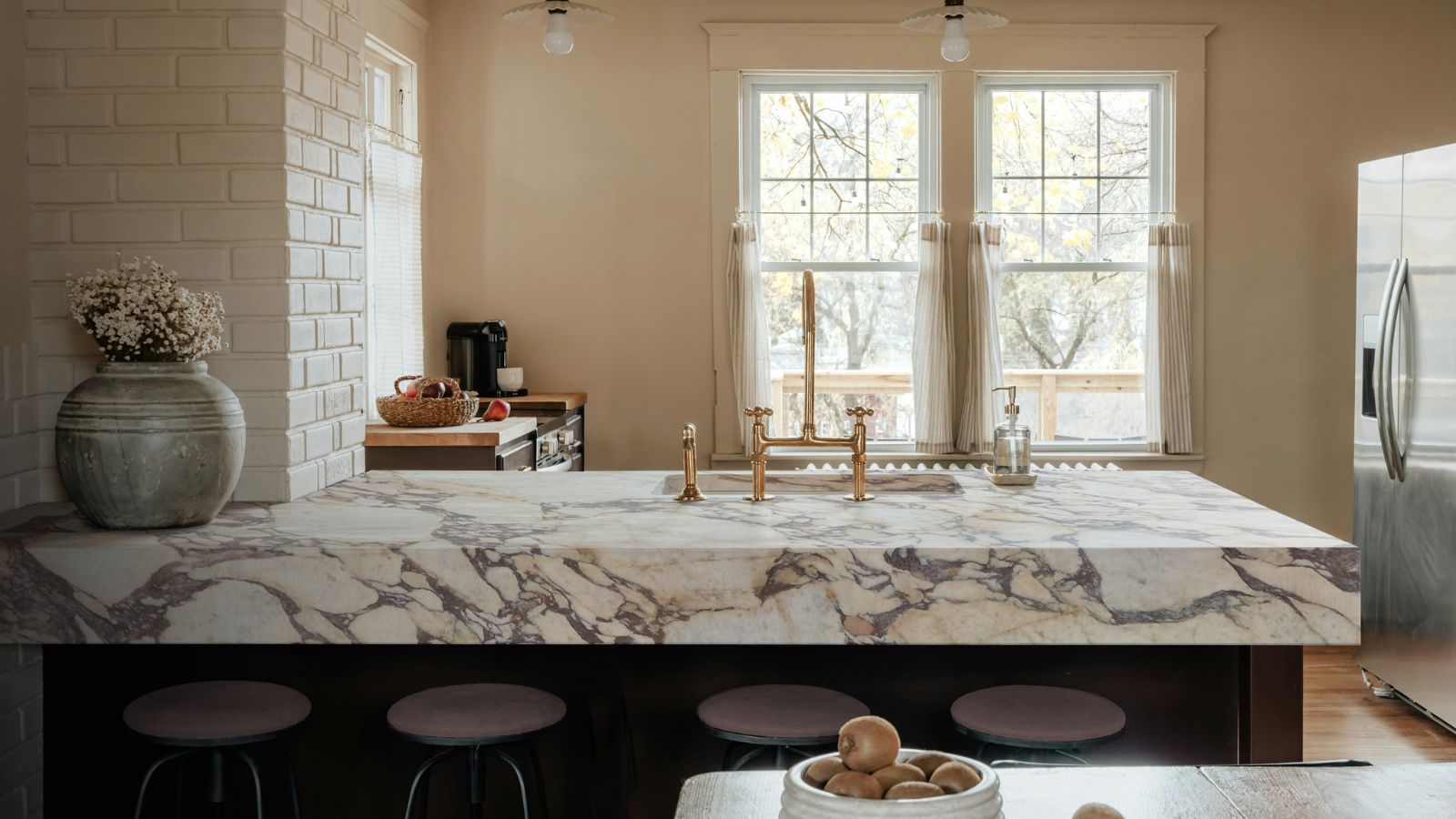 Marble kitchen countertops are a luxurious choice, but are they practical? I asked designers and kitchen experts whether they are form over function
Marble kitchen countertops are a luxurious choice, but are they practical? I asked designers and kitchen experts whether they are form over functionThe pros and cons, care tips, and styling advice designers say you need to know
-
 5 warning signs it’s time to replace your air conditioner for stress-free and safe summer cooling
5 warning signs it’s time to replace your air conditioner for stress-free and safe summer coolingDon't waste money on energy bills or risk danger, HVAC experts warn
-
 'It's a luxury' that delivers hotel appeal at home, but do you really need to iron bed sheets?
'It's a luxury' that delivers hotel appeal at home, but do you really need to iron bed sheets?Laundry experts reveal when it's a good idea, and when it's not worth the effort
-
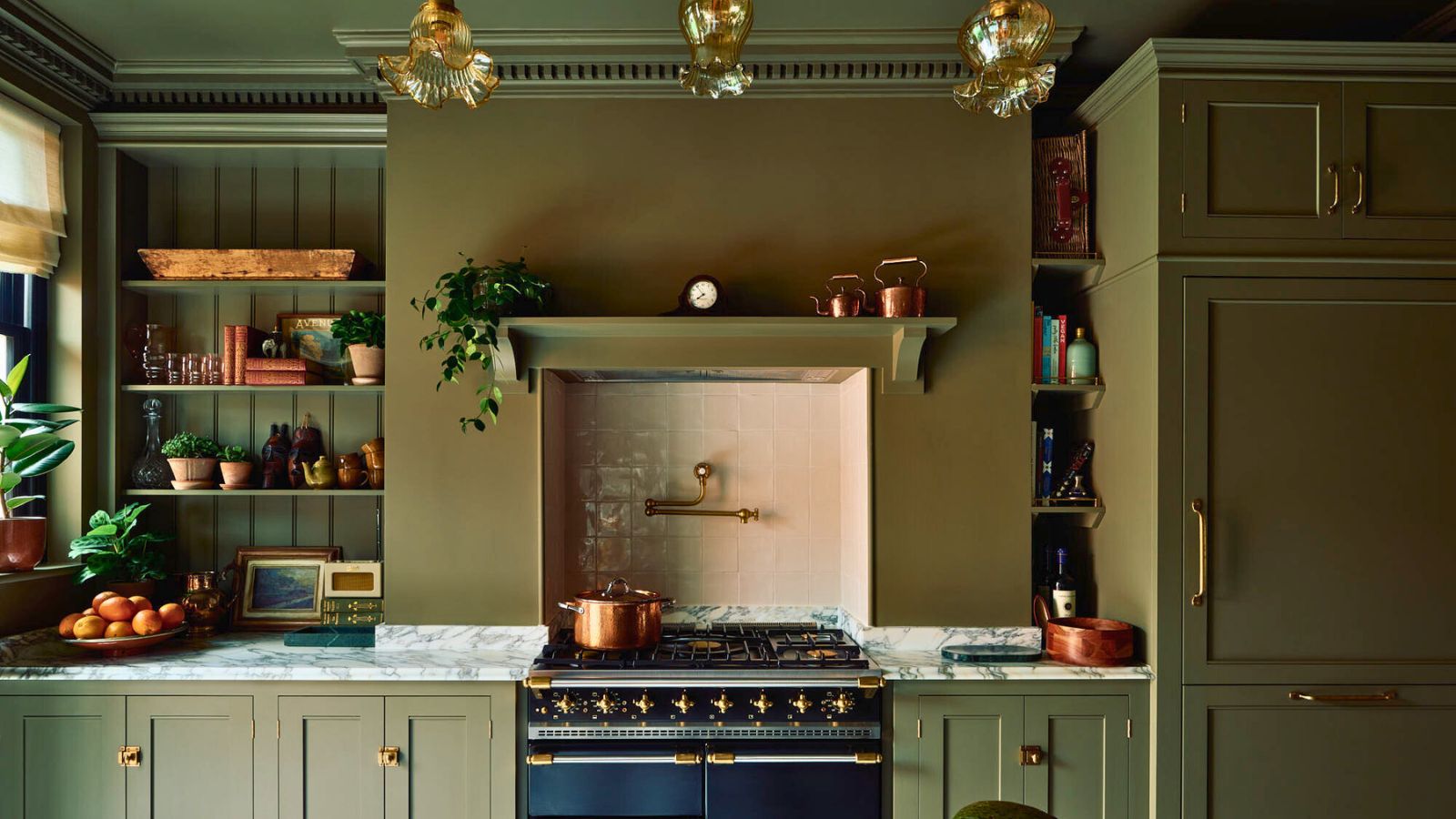 I've romanticized cleaning, and my tedious chores are easier than ever – 5 ways to turn loathed housework into 'meditation'
I've romanticized cleaning, and my tedious chores are easier than ever – 5 ways to turn loathed housework into 'meditation'Banish dread by turning cleaning into a moment for wellness
-
 Experts reveal why tackling 'non-preferred tasks' is the key to removing annoying chore blockers at home
Experts reveal why tackling 'non-preferred tasks' is the key to removing annoying chore blockers at homeProfessional home organizers say it's a game-changer, especially if you have ADHD
-
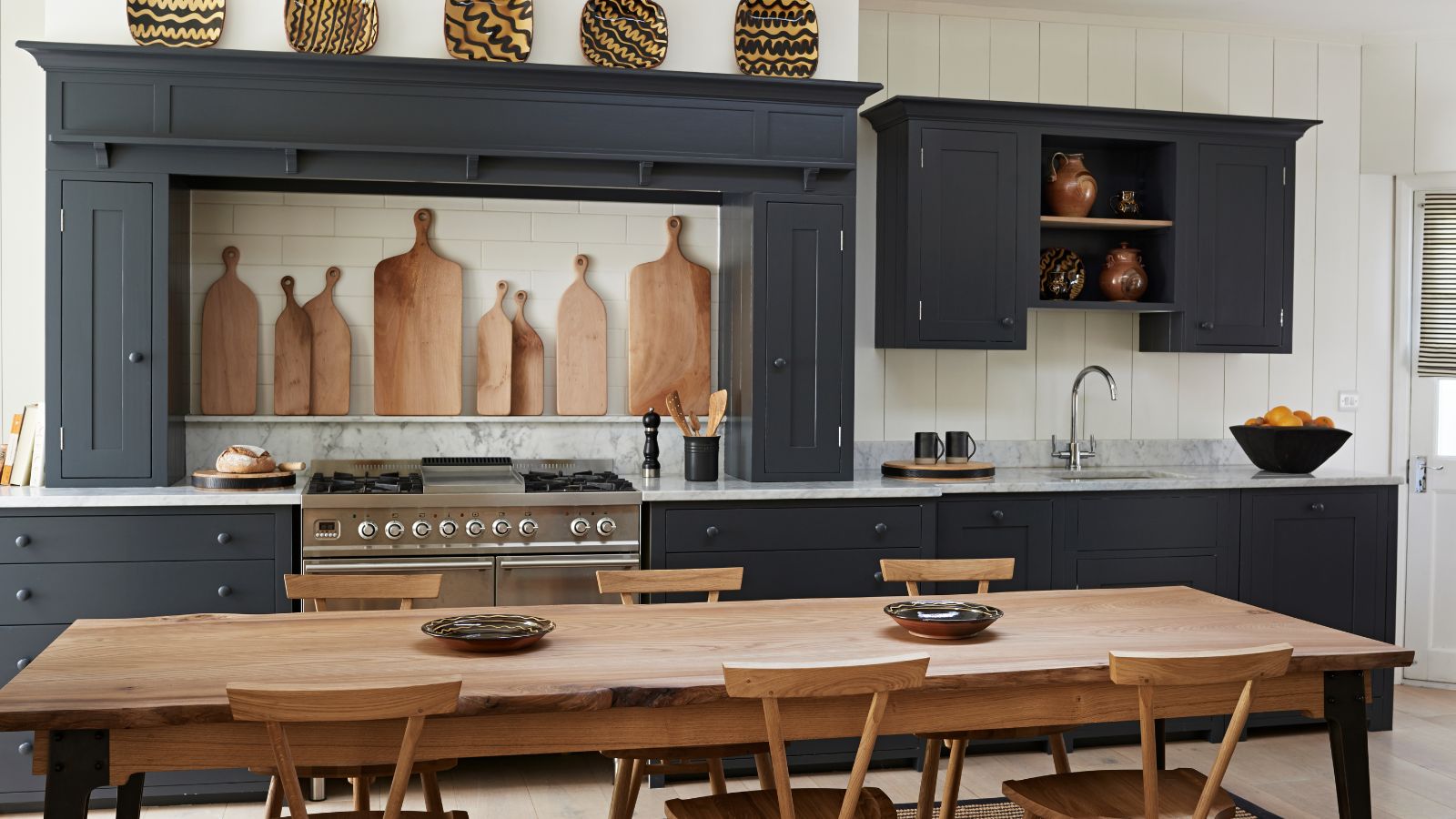 This $4 natural pantry staple easily cuts through stubborn kitchen hood grease – cleaning experts reveal the dangerous hazard it will stave off
This $4 natural pantry staple easily cuts through stubborn kitchen hood grease – cleaning experts reveal the dangerous hazard it will stave offIts potential reaches far beyond baking, experts say
-
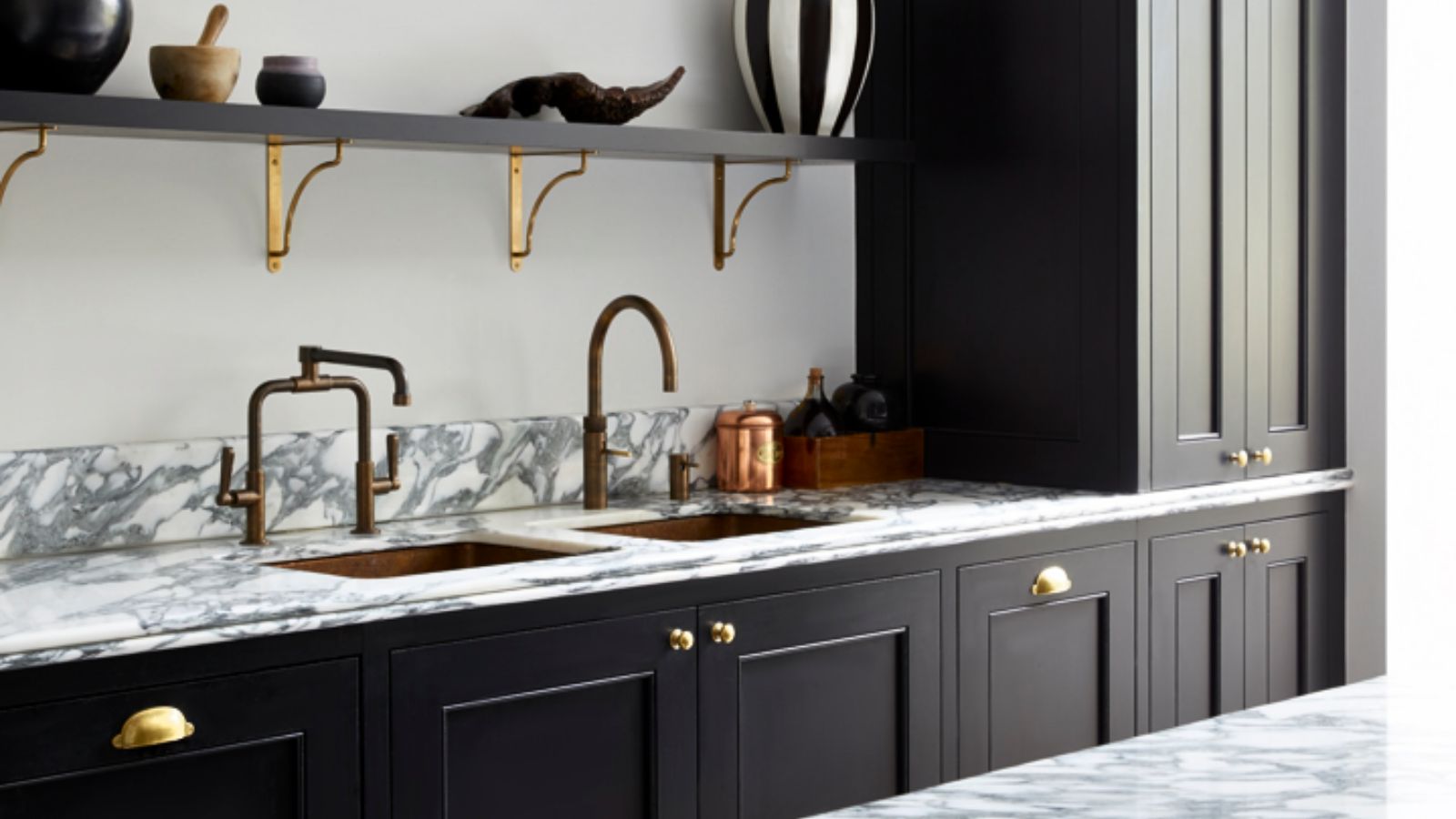 Bar soap vs. liquid soap – cleaning experts reckon there is only room for one in this soap showdown
Bar soap vs. liquid soap – cleaning experts reckon there is only room for one in this soap showdownIn the showdown of the suds, only one kind of soap comes out on top
-
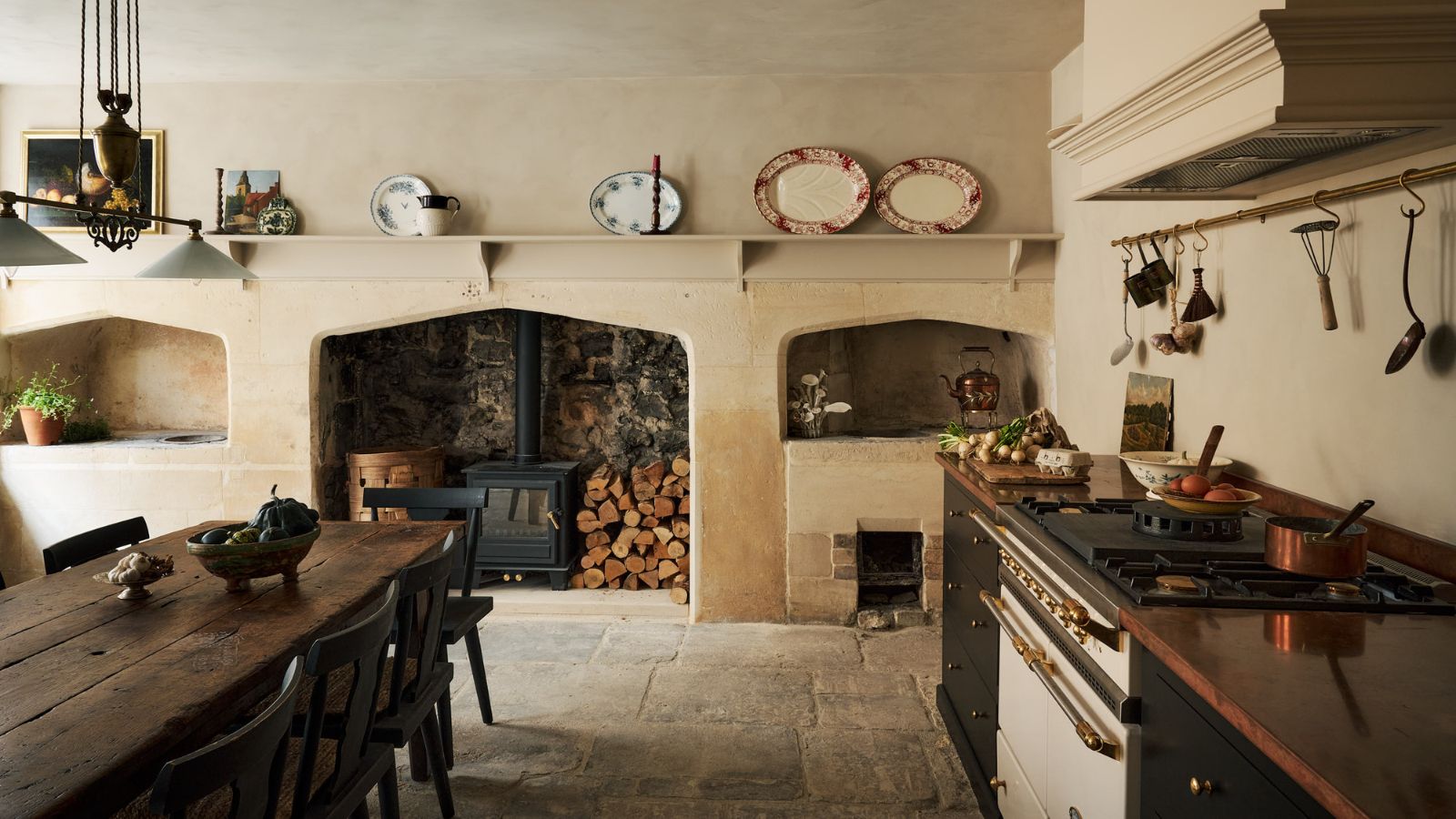 Homes & Gardens discussion: What is your most hated household chore?
Homes & Gardens discussion: What is your most hated household chore?Take a peek as we lift the lid on our group chat
-
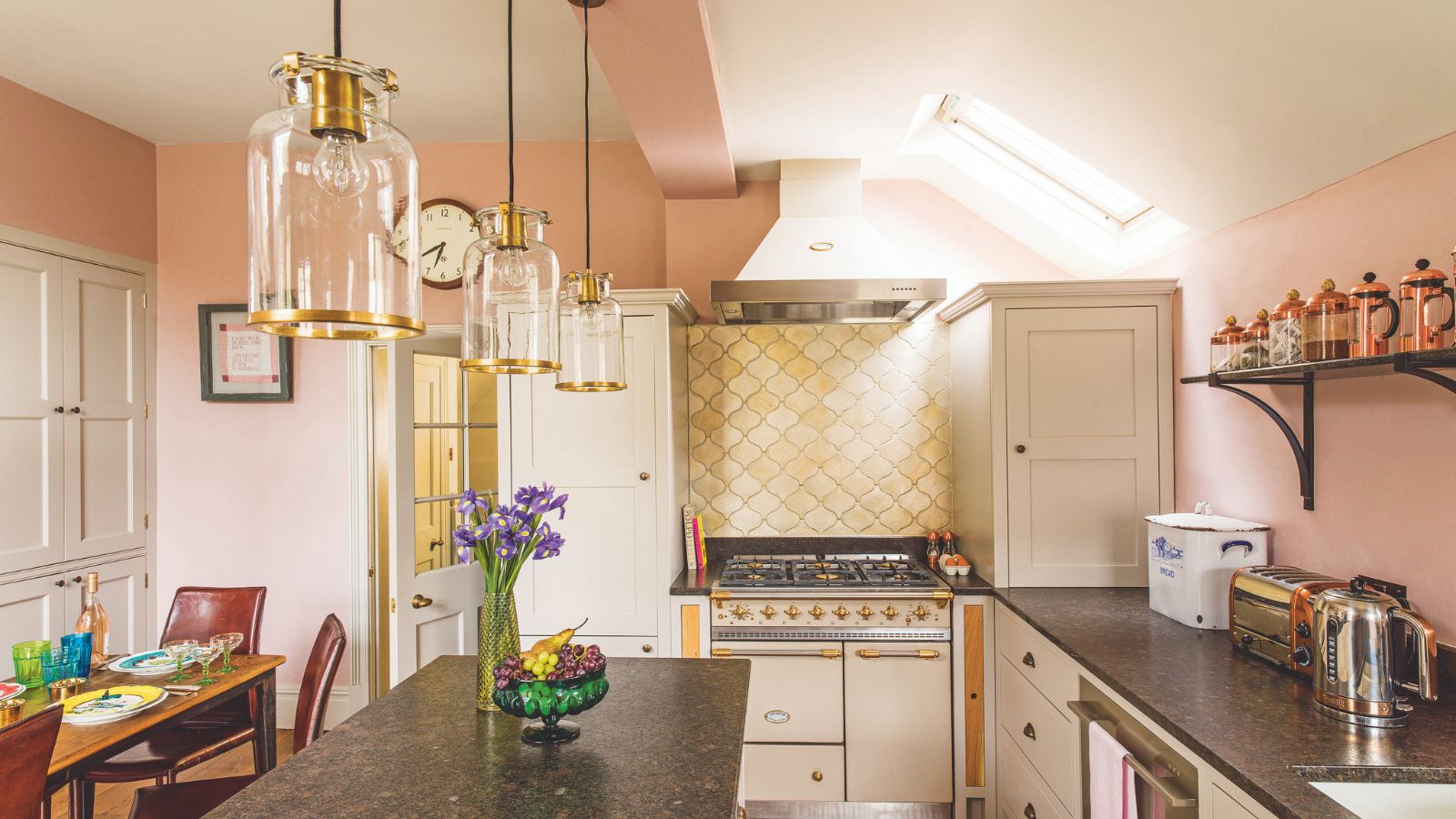 I love this super affordable, clever hack to descale my kettle – it prevents food waste, too
I love this super affordable, clever hack to descale my kettle – it prevents food waste, tooWhen life gives you lemons...
-
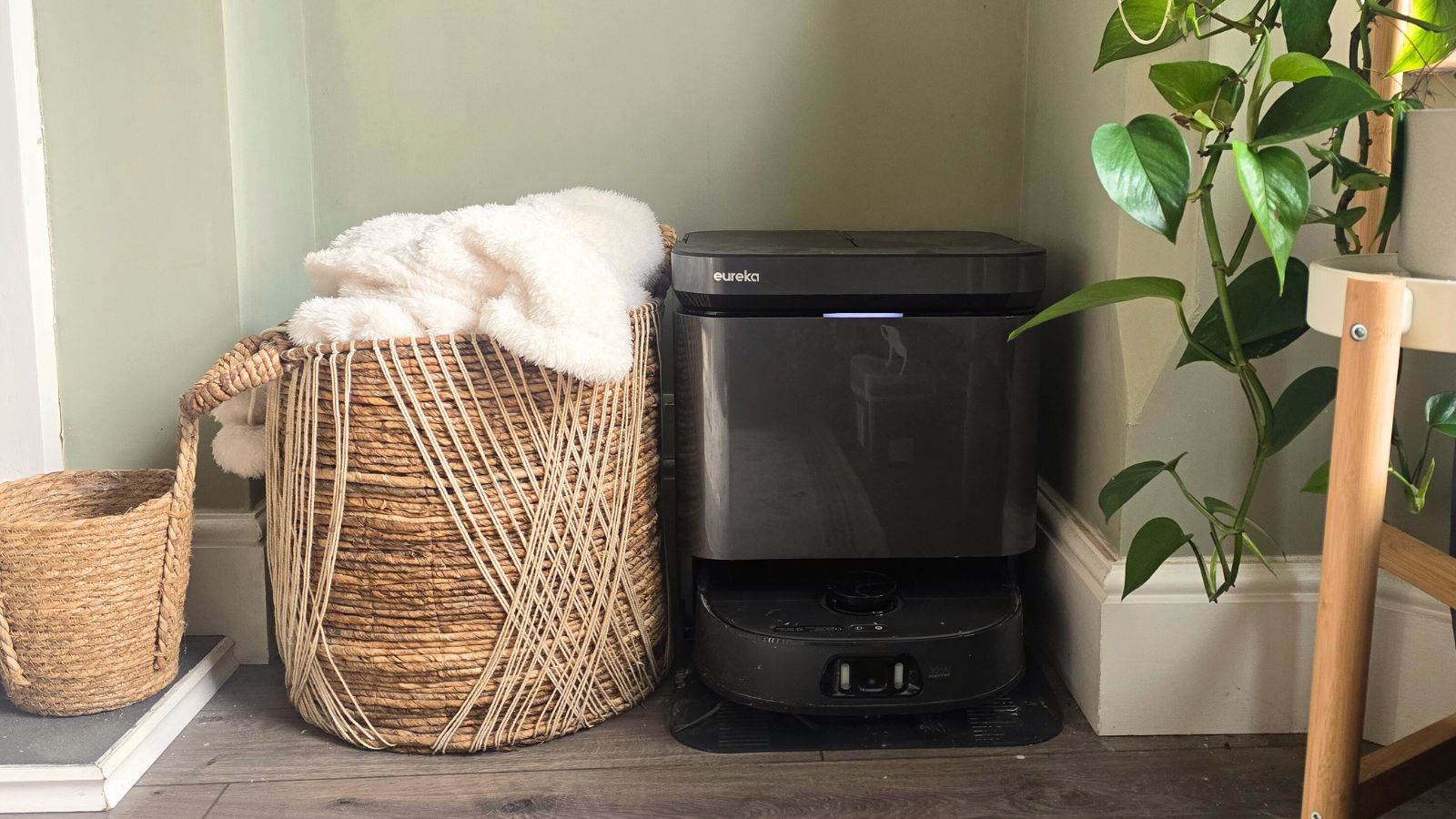 Eureka J15 Pro Ultra review – high-tech cleaning that's ultra low-maintenance
Eureka J15 Pro Ultra review – high-tech cleaning that's ultra low-maintenanceI put this robot vacuum through its paces, testing its technology and cleaning capabilities